How Does Ocean Pollution Impact Human Beings?
Updated Jan. 21 2021, 7:21 p.m. ET
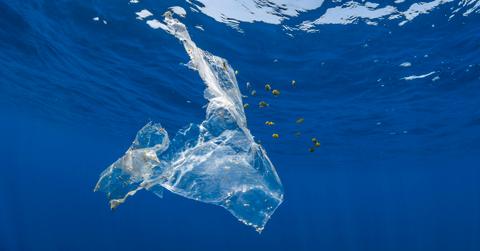
For thousands of years, humanity has looked out at the ocean, beheld that wide, blue vastness and felt awe, or fear, or the call to adventure. These days, we might feel something different. We might feel uncertainty, guilt, or concern — and rightly so. The ocean is in danger. Pollution is affecting every facet of life for marine plants and animals. You might ask, what does that matter to me? How does ocean pollution impact humans? As it happens, it impacts us quite a bit.
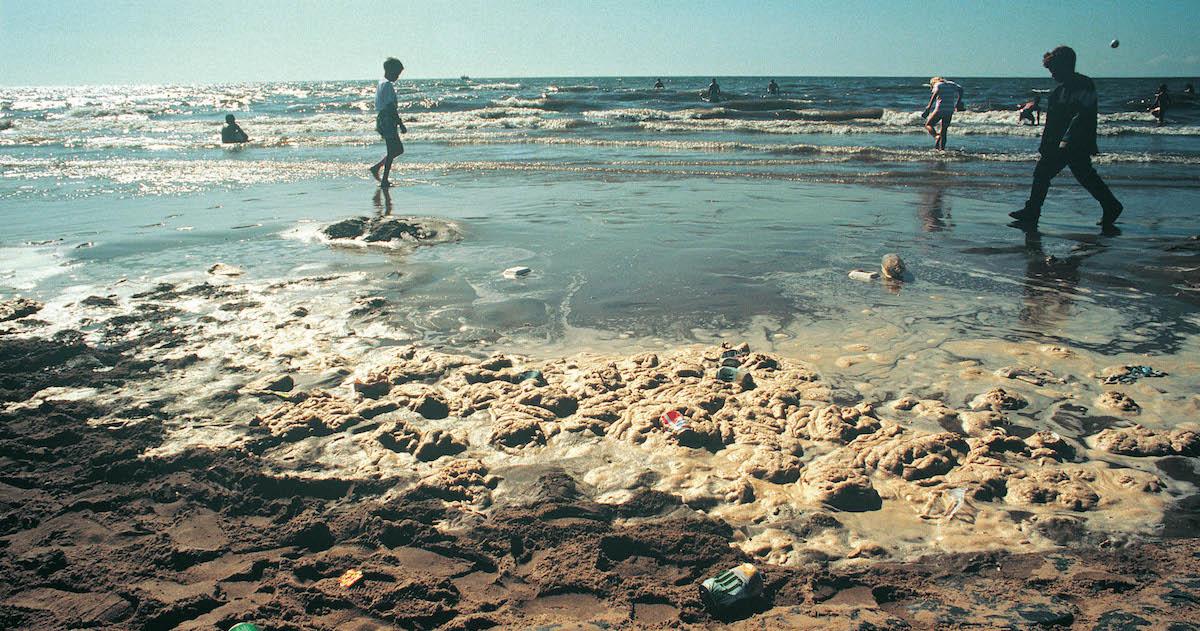
Why is the ocean essential?
According to Planet Aid, the ocean provides over 70 percent of the world’s oxygen. It also accounts for over 97 percent of the world’s water supply. It provides us with food, minerals, medicines, and much more. The 2017 Ocean Conference confirmed that 37 percent of the world’s population lives in or around coastal areas. Thus, anything bad that happens to the ocean is invariably going to affect us as well.
How does ocean pollution impact humans?
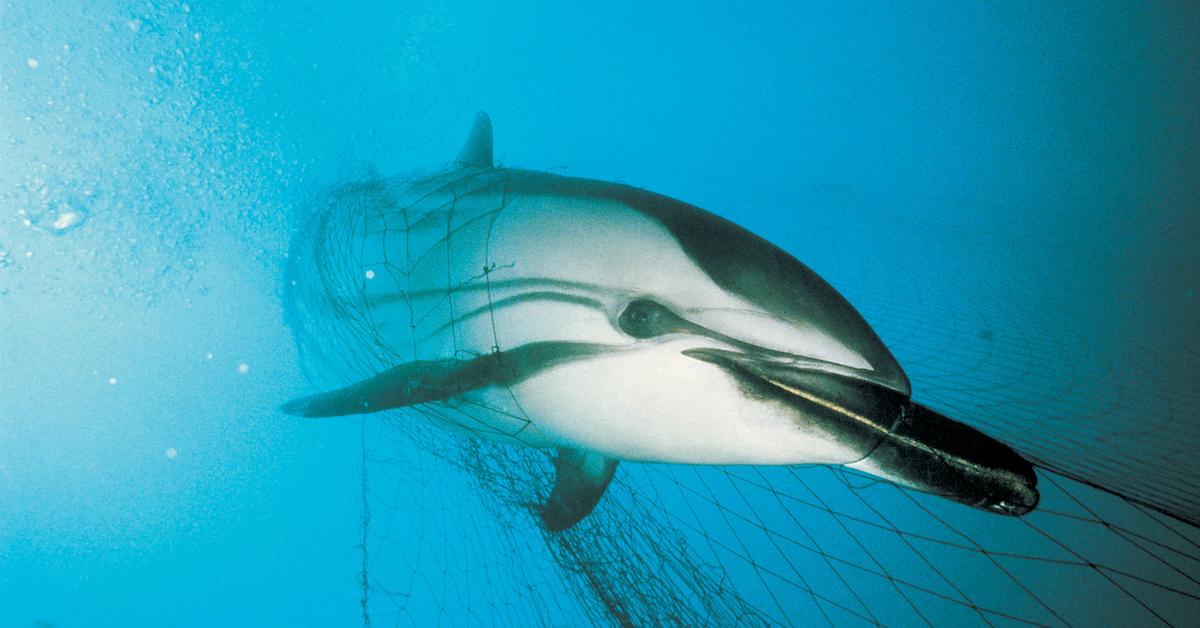
Ocean pollution is one of the largest problems facing our environment today. Here's a look into a few of the different types of pollution, and how they impact the ocean and humanity.
Plastic pollution
Many readers may be familiar with the Great Pacific Garbage Patch, the 1.6-million-square-kilometer island’s worth of floating plastic waste that’s currently taking up a huge chunk of the Pacific Ocean. Plastic pollution accounts for the majority of ocean pollution, though concerns over the ever-increasing amount of plastic aren’t just about what we can see, but what we cannot.
According to Ocean Crusaders, plastic entanglement kills an estimated 100,000 marine animals each year, and that’s not counting all the animals who accidentally eat the stuff. Dolphins, sea turtles, and even whales mistakenly eat plastic all the time. One beached whale, recently discovered in the Philippines, was found to have over 88 pounds of plastic in his stomach.
Plastics are not biodegradable. Instead of breaking down and returning to the earth as their base elements, plastics break down into minuscule pieces known as microplastics. These plastics are so light and so tiny that they can float unseen in the water, waiting to be ingested by any number of aquatic creatures, who are, in turn, ingested by any number of human beings.
A study taken in 2020 found that traces of these microplastics in the lungs, livers, spleens, and kidneys of deceased human beings. They’re not great for us and they are even worse for fish, whose systems are far less complex and hearty than our own.
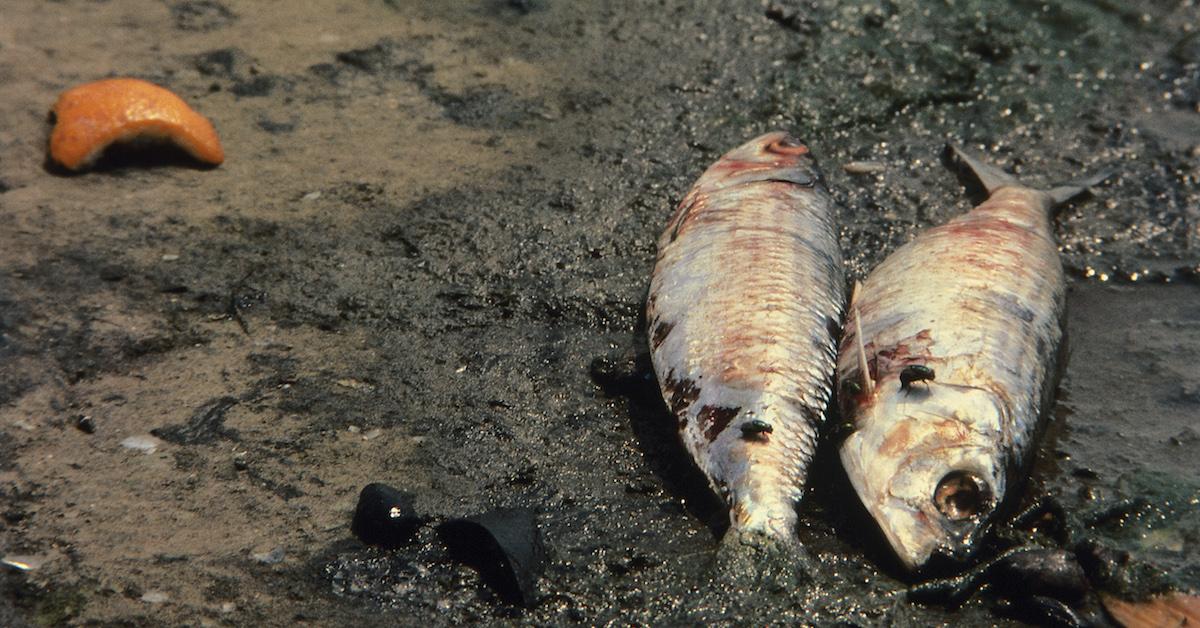
Ocean acidification
Excess carbon dioxide caused by deforestation and climate change is causing the ocean’s pH to rise. The effects of this increased acidification have only just begun to show themselves. The more acidic the water becomes, the harder it is for some species to survive. The shells of many crustaceans in the Pacific Ocean have even begun to dissolve from the acidic water.
This effect can have a huge impact on the breeding habits and the development of future crustaceans. Forced to put more energy into growing a shell, subsequent generations might be smaller, weaker, and less robust, which means bad fishing for those who make their living hunting crab, lobsters, and shrimp.
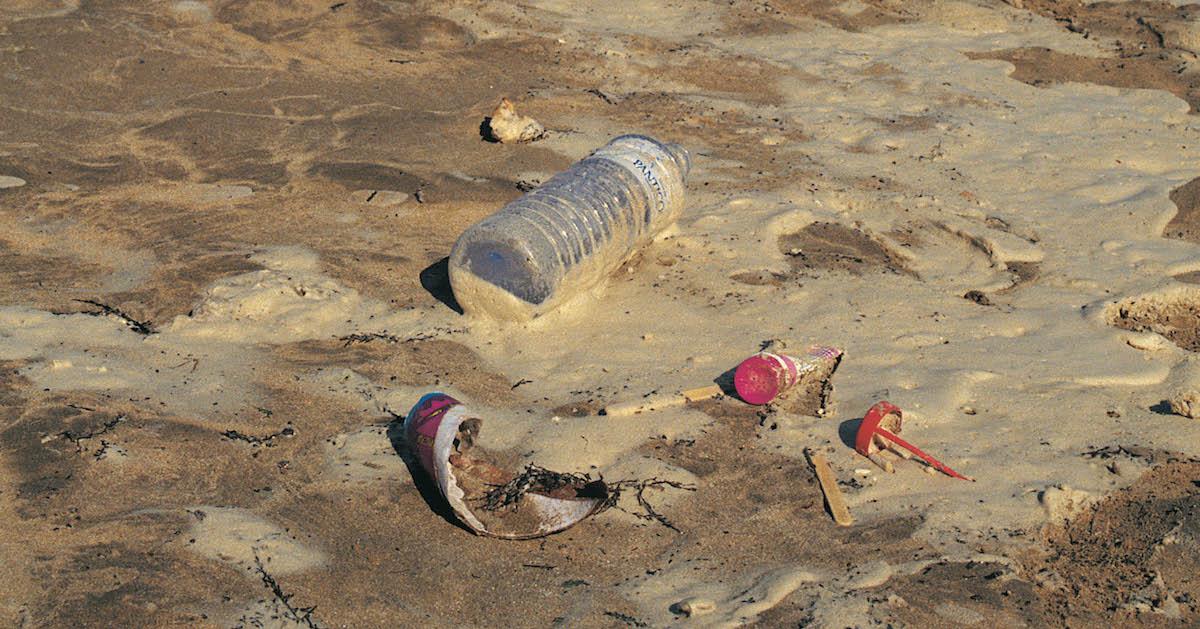
Toxic chemicals
We may not drink seawater but that does not mean that we are any safer from the chemicals flowing into the oceans by careless businesses the world over. These chemicals can include toxins like oil, mercury, lead, pesticides, and other heavy metals that are all capable of contaminating water supplies and poisoning marine life.
These chemicals are the result of the toxic runoff from factories, oil rigs, and other such industries. They start out being dumped into our rivers and streams but eventually find their way out into the open ocean. Fish and vegetation absorb or breathe these chemicals and just as with microplastics, they find their way into our own bodies through being eaten.
What can we do about ocean pollution?
Many organizations and scientists are working to find solutions to the pollution that is slowly pervading our great oceans, but the progress is slow — far slower than the speed at which humans continue to pollute. A few ways that you can help to minimize this pollution is to stop using plastics or chemicals that are harmful to marine life. Recycling plastic, computers, electronics, or any other products that might contain hazardous waste, toxins, or metals that could end up either floating in the ocean or inside our bodies is always a good decision.
Zero-waste living is also a great way to avoid using anything that might cause ocean pollution, such as plastics or materials that are considered to be unsustainable. Those who live a zero-waste lifestyle are often vegan, which means they don't eat seafood and therefore don't contribute to the pollutants left behind by the fishing industry. Each of these things will help undermine the damage being done and hopefully, a long-term solution lies somewhere in the future.